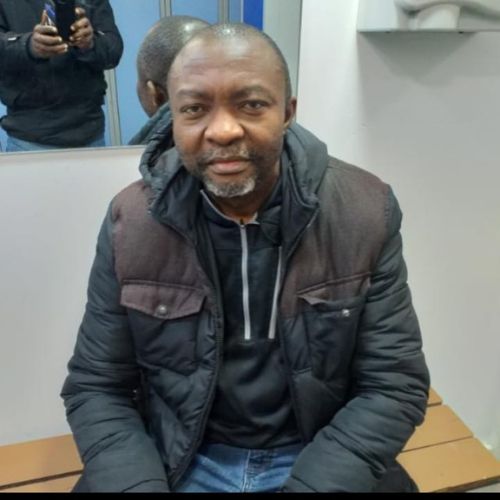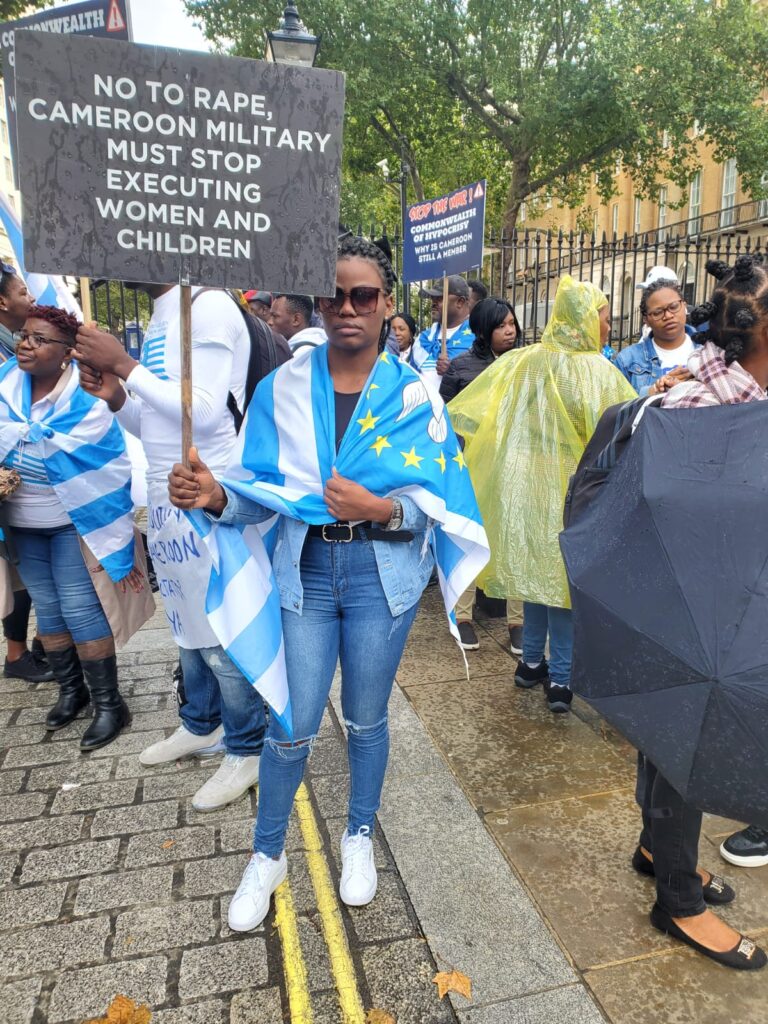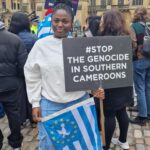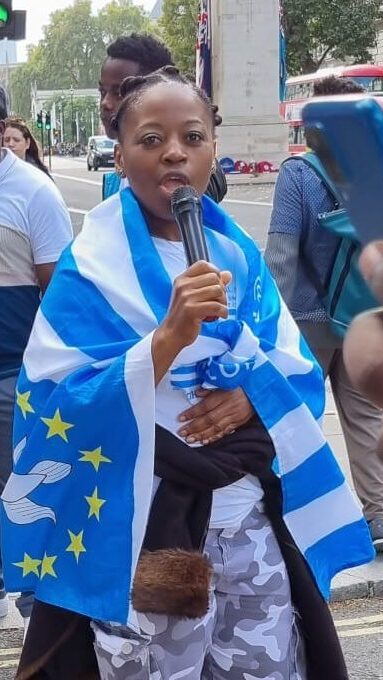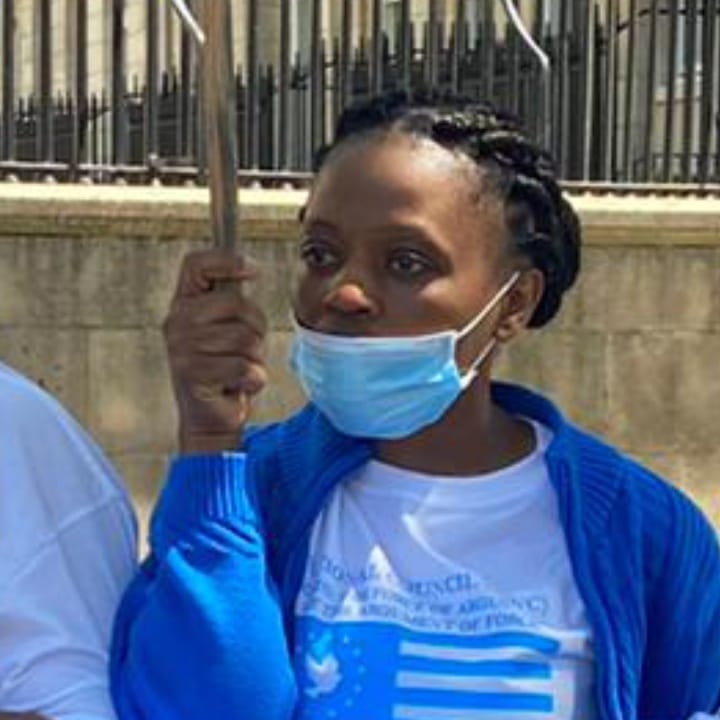Health Wars: A service to facilitate death – Case of District hospital Tombel, Southwest Cameroon
It is lamentable and embarrassing to say that the old maternity ward I was given birth to in the sixties was better managed and operated than the death trap found today in the name of ‘Tombel District Hospital’.
Touching on the appalling state infrastructure.
Constructed in the late 1980s, this district hospital was relocated from it former colonial building to its current location, at Kupe Road. From inception, just like every endeavour undertaking by French Cameroon administrators on our territory, the infrastructure of this hospital has been a constant mess and hotpot for corruption. For a start, a water tank that was erected immediately after the hospital became operational has never stored water three decades after construction. A huge hole that was dug for waste water treatment ended up as dumping site for hospital rubbish including clinical waste such as sharps, moist tissues etc. In fact, the proximity of this pit to the hospital facilitate itself is another high risk factor facing patients receiving treatment at the facility, talk less of uncountable cases of children who get injured and infected yearly when they run into this pit to play or collect waste hospital materials dumped there to play with.
A company contracted by higher authorities of French Cameroon to construct the doctor’s residence, attempted to but the structure erected ended up as premises for the hospital night watchers or night security staff. Pondering why the security men, commonly classed (in Cameroon) among the lowest ranking jobs ended up living in the only residential building in the hospital? I’m sure your guess is best as mine.
The whole hospital area is constantly surrounded by bushes, rubbish litters everywhere and an exposed dump full of medical waste which promote breeding grounds for mosquitoes and snakes, just to name a few. Which medical doctor in their right senses would want to reside with their families in such a location? Just to conclude on this point. Translating what was supposed to be a modern four bedded apartment from paper to the ground led to the construction of nothing more than a hut. Some of you reading this may think, obstacles came as result of difficult terrain of somewhat but in reality and culprit is never!! I’ll leave you to conclude.
The lighting system is a clear health hazard to patients in the hospital as the place is almost in constant darkness. The official garage to the hospital is full of fake electricity generators supplied by Cameroonian government contractors. The only efficient one that ever worked miraculously got vanished by a doctor for personal usage whilst patients are left at God’s mercy, as none left in the garage works. If not of few elites who donated some materials like mattresses and other furniture, then the situation would have been far worse.
Hospital Operations and Management.
Despite all the sad infrastructure short-comings, cost of treatment at the hospital is expensive vis-à-vis their government counterparts in neighbouring towns of Loum and Njoumbe of the French regions of Cameroon. No good doctor stays in Tombel District Hospital, with familiar complaints of the poor state of hospital infrastructure. Due to the high rate of doctors turn over, nurses are often allowed to perform clinical procedures reserved for doctors, with dangerous and deadly consequences. Nurses and other hospital staff openly bring medical consumables such as drugs, bandages, drips etc. bought from the outside markets into the hospital wards to directly retail to patients on sick beds. It is common to observe nurses directly prescribe drips and administer from items picked from their hand bags. Such is the pitiful state of affairs in the 21st century hospital, in Tombel.
While similar government facilities in nearby Loum and Njoube both private and district hospitals of French Cameroon flourishes with new medical equipment and facilities, that in Tombel crawls daily and continually degrades beyond comprehension. It has become a natural phenomenon for Tombel locals to ply the terrible road condition with their ill health to receive dignify medical in the opposite side in French Cameroon. The question I have repeatedly ask myself is, why?
Why do hospitals in the French speaking regions suffer less from corruption than those in the English speaking region, despite it being the Genesis of corruption into our region? Doing my research to this question, I found something interesting. Whilst the answer narrows down to a systemic plan of hooking us (Southern Cameroons) ever depended to French Cameroon, which isn’t strange nor new, but what is strange is the way this is implemented. One of the simplest ways the Cameroonian authority implements it dependency strategy on Southern Cameroons is via turning a blind eye on corruption in the region or tacitly encourages one by constantly appointing authorities with questionable characters to the region. By doing this, our hospitals which is meant to be a place of healing and treating illnesses has become death traps that prematurely kills our people whilst keeping those who can afford to ply on their rough roads perpetually dependant on facilities in their French speaking regions.
It is fair to say that corruption is rampant in Cameroon, but where this has given free reign or even tacitly encouraged is in the northwest and southwest of Cameroon – aka Southern Cameroon Ambazonia.
Author: Michael J. Forji (London, United Kingdom).
